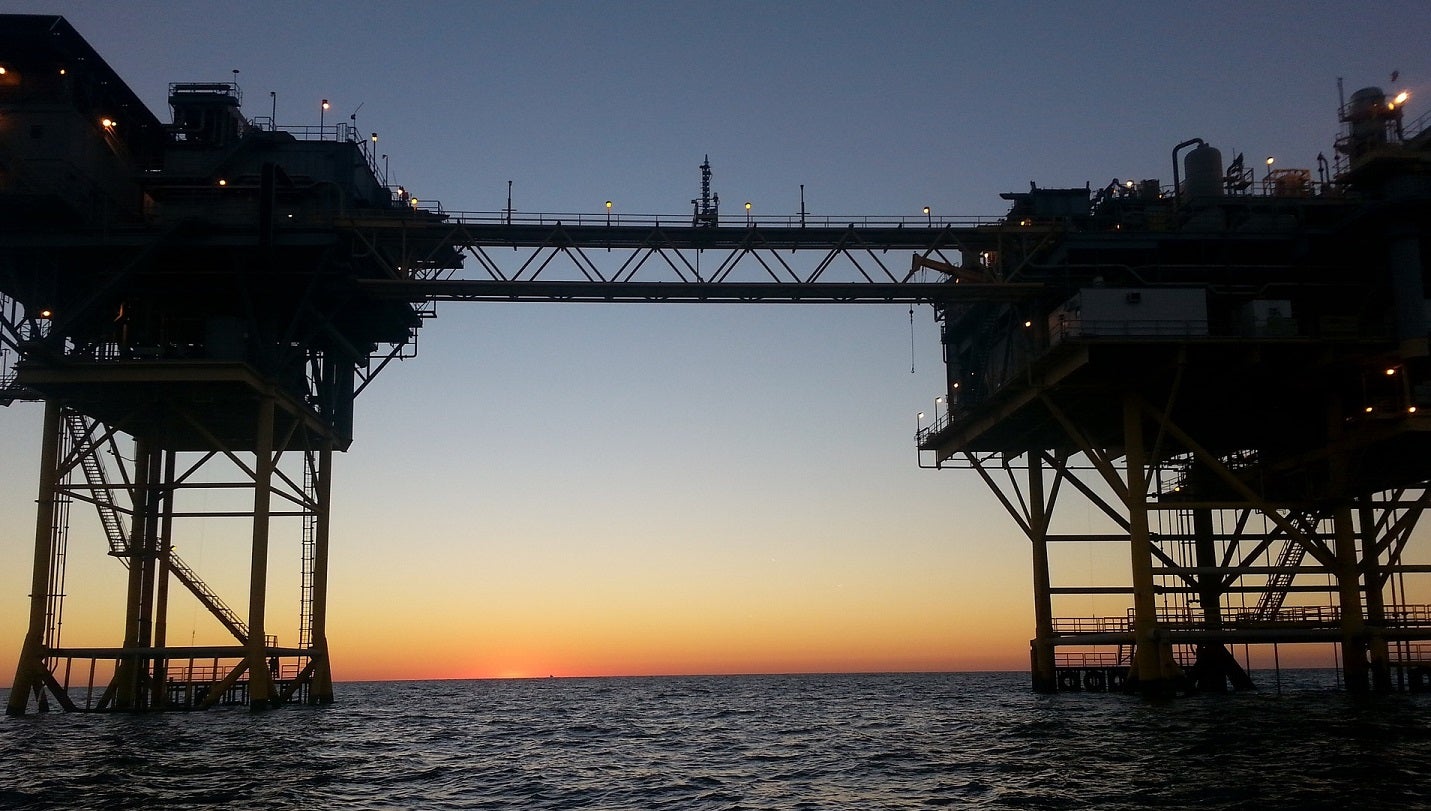
Shell has approved the development of the Manatee gas field located offshore Trinidad and Tobago, reported Reuters, citing the country’s Prime Minister, Keith Rowley.
A Shell spokesperson said that the company has submitted an application for environmental approval for the project and is due to make a final investment decision.
The Shell spokesperson, Cynthia Babski, said: “The application for a CEC (Certificate of Environmental Clearance) is a regulatory requirement of the EMA [Environmental Management Authority] and is required for the Manatee project.
“We are unable to confirm the First Gas dates as the project has not yet achieved Final Investment Decision.”
A part of the cross-border Loran-Manatee discovery that is shared by Trinidad and Venezuela, the Manatee field is estimated to hold around ten trillion cubic feet (tcf) of natural gas, with 2.7tcf on Trinidad’s side and the remaining 7.3tcf on Venezuela’s side.
The field is expected to have peak production of 700 million cubic feet per day of gas.

US Tariffs are shifting - will you react or anticipate?
Don’t let policy changes catch you off guard. Stay proactive with real-time data and expert analysis.
By GlobalDataRowley said: “The Manatee project is sanctioned and is well on the way. We are taking steps to have that gas come to us as early as we can.”
Trinidad and Tobago holds potential to process up to 4.2 billion cubic feet per day (bcfd) of gas into LNG, petrochemicals and electricity. The country currently has production of about 2.7bcfd.
The country has negotiated with Venezuela for years to jointly develop the reservoir and signed preliminary agreements.
However, a final agreement was not signed due to the sanctions imposed by the US in 2019 on Venezuela’s energy industry. This limited Venezuela’s business and partnerships with foreign companies.
Later, Venezuela President Nicolas Maduro agreed to allow Trinidad to develop its portion of the promising field independently.
In June 2023, Reuters reported that Trinidad and Tobago was considering restarting a LNG unit that has been kept idle since 2020.
It plans to restart the unit by the first quarter of 2027.



